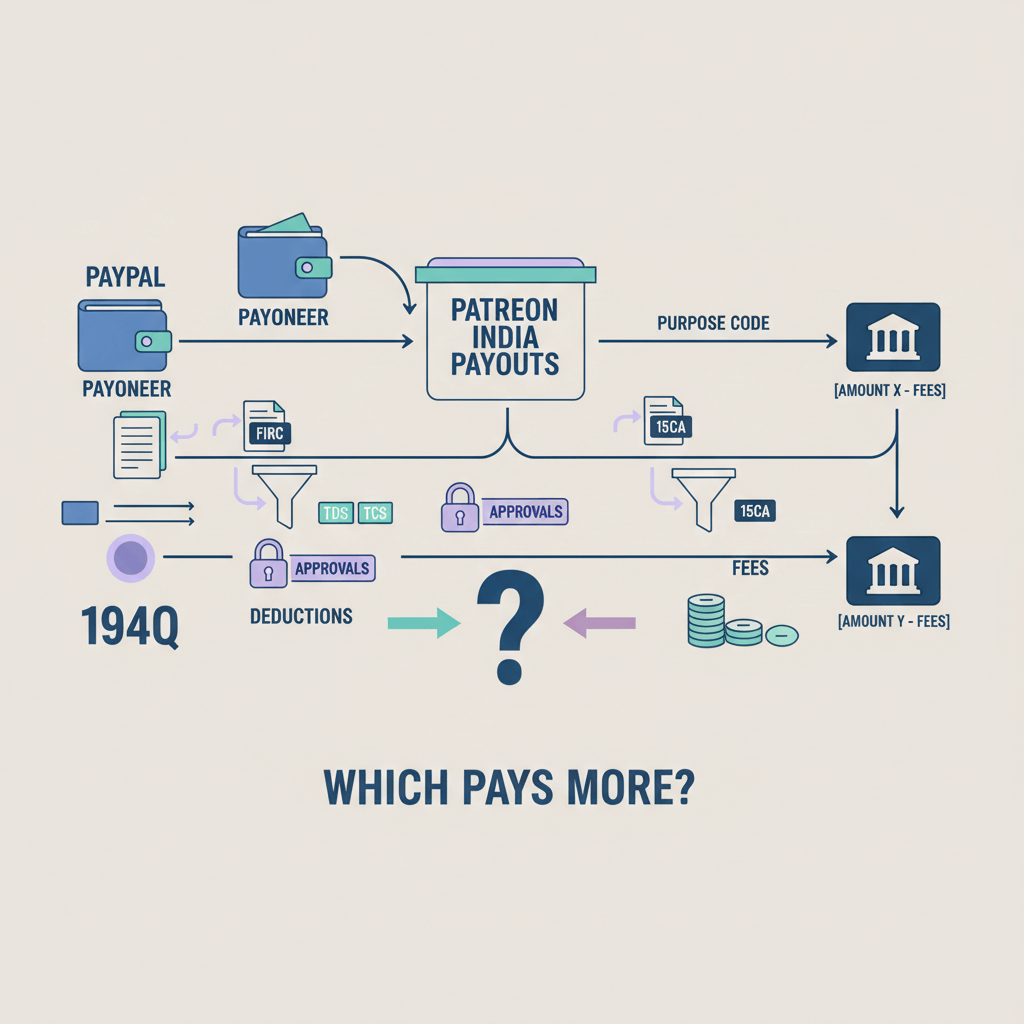#1 What is the full form of FIRS in banking?
In the context of foreign inward remittance, FIRS stands for Foreign Inward Remittance Statement. This statement is used by banks to record and report details of funds received from abroad. It includes information about the sender, the recipient, the amount remitted, and the purpose of the remittance.
#2 Why the Foreign Inward Remittance Statement (FIRS) is Needed for Business Remittances
1. Following the Rules
- Legal Compliance: Governments and regulatory bodies need to ensure that international money transfers follow the law and prevent illegal activities like money laundering and fraud.
- Foreign Exchange Rules: It helps ensure transactions are done legally and helps manage the country's foreign exchange reserves.
2. Transparency and Accountability
- Audit Trail: FIRS provides a detailed record of each transaction, creating a clear audit trail for both internal and external audits.
- Verification: It helps verify that transactions are legitimate and for the declared purposes.
3. Financial Monitoring and Analysis
- Cash Flow Management: Businesses can track incoming and outgoing international payments, aiding in effective cash flow management and financial planning.
- Economic Analysis: Authorities can analyze data to understand economic trends and the flow of foreign capital.
4. Taxation
- Tax Compliance: Accurate reporting helps determine tax liabilities for businesses, ensuring all transactions are appropriately taxed.
- Avoiding Penalties: Proper documentation helps businesses avoid penalties for non-compliance or misreporting.
5. Facilitating International Trade
- Building Trust: Accurate and timely remittance reporting builds trust with international partners and financial institutions.
- Efficient Processing: Streamlined documentation can lead to quicker processing of international transactions, benefiting business operations.
6. Risk Management
- Managing Currency Risk: Understanding the flow of foreign currencies helps manage risks associated with international transactions.
#3 Who will issue foreign inward remittance statement (FIRS)?
In India, the Foreign Inward Remittance Statement (FIRS) for business transactions is issued by the bank that receives the foreign funds. When a business gets a foreign remittance, the bank handling the transaction creates the FIRS, detailing the remittance.
Here’s the typical process:
- Receiving Funds: The bank receives the foreign remittance on behalf of the business.
- Verification: The bank checks the remittance details to ensure they meet regulatory requirements.
- Generation of FIRS: The bank creates the Foreign Inward Remittance Statement, documenting the transaction.
- Issuance to the Business: The bank provides the FIRS to the business for use in regulatory compliance, tax reporting, and accounting.











